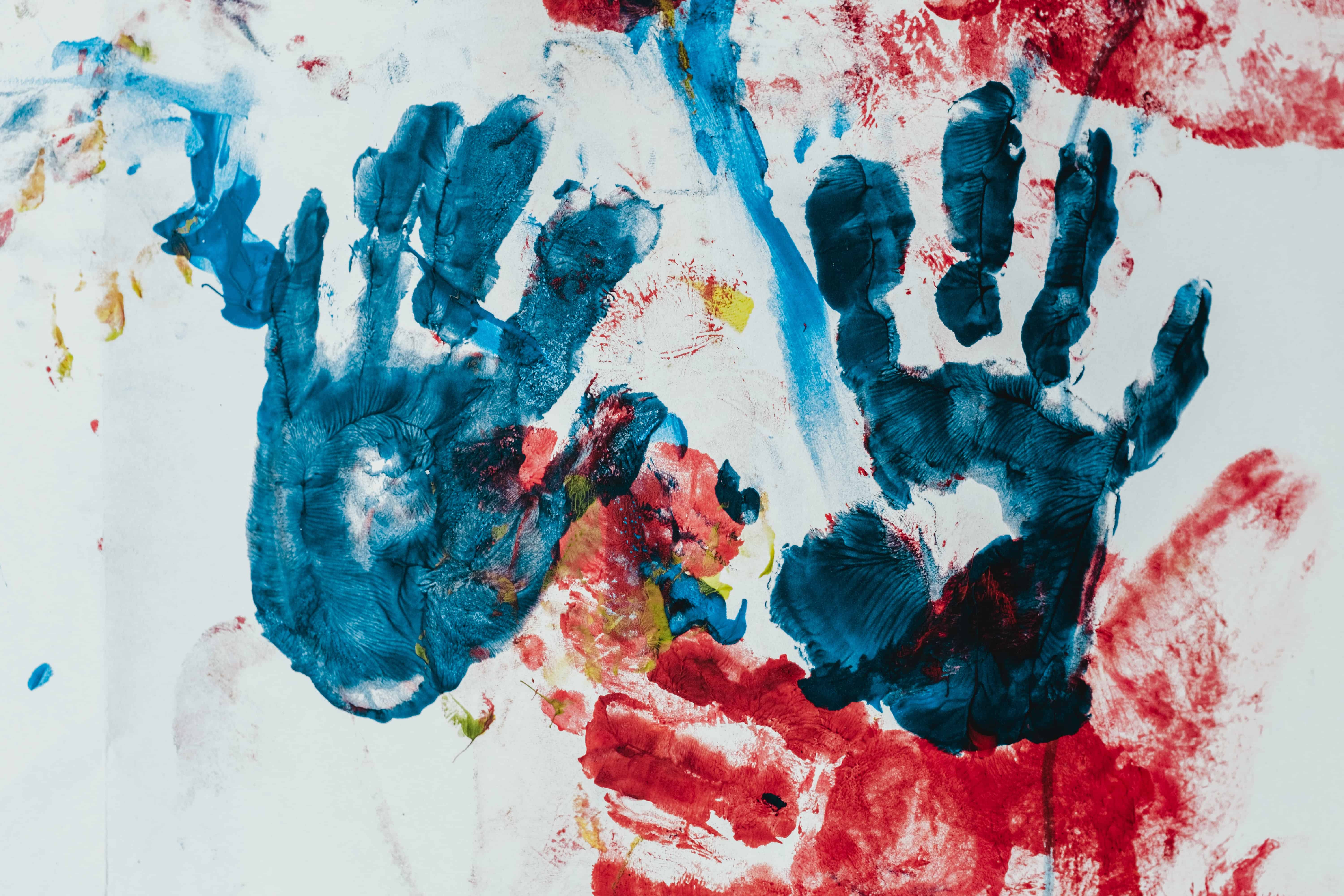Eleven years ago, I sat on the edge of a stiff futon mattress in my apartment in the Bronx and wept. A friend had recommended a Ted Talk given by writer Elizabeth Gilbert. I anticipated an easy watch, something light and insightful to pair with tea while my baby girl napped in the next room. Gilbert’s exploration of the gifts and sometimes excruciating burdens of a creative life, however, led me to a troublesome realization; I had lost track of my own.
In the haze of requirements to complete graduate school, apply for legal residency in the US, and mother an infant, my writing had ceased. Traipsing back in my memory, over the geographic and emotional landscape of a handful of decisive years, I tried to pinpoint what I had last written and when. But I could not specify anything about my last piece. Was it news, fiction, poetry? I could only conclude that, at some point, I had stopped. One unremarkable afternoon, when the baby gurgled awake from her nap, I put down the pen, closed the laptop, intending to return to it that evening or the next day. But I hadn’t. And time cycled on, in the slow/fast rhythm particular to parenthood — each day an eternity, every year a flash.
Now, there was a new imperative. If I could not protect creative space in my own life, how could I ensure my daughter would have access to the dreamy, unstructured territory where invention occurs? While Gilbert’s talk focused on methods for diminishing public expectations and personal anguish amongst artists, her words served as a clarion call. A bright, piercing sound that cut through the rapture and the drudgery of daily life with a baby.
“If the divine, cockeyed genius assigned to your case decides to let some sort of wonderment be glimpsed, for just one moment through your efforts, then ‘Olé!’ And if not, do your dance anyhow. And ‘Olé!’ to you, nonetheless. I believe this and I feel that we must teach it. ‘Olé!’ to you, nonetheless, just for having the sheer human love and stubbornness to keep showing up.”
On that long-ago afternoon, I committed to finding my way back to the page. I would preserve my own peculiarities and develop the trade I was thirsting for, grasp it with both hands and be fully myself, for me and for my child. Even if this meant (as it often did) achieving little more than scrawling a single exhausted thought on a tissue in bed before flicking off the light.
—
That period of seismic personal change has been surfacing frequently in my mind; I returned home to Canada, went through a divorce, acquired a full-time job, transitioned my child into daycare. Today, with the national total of COVID cases nearing half-a-million, we face the prospect of another winter in self-isolation. Again, our family life has been disrupted and transformed but, this time, by external forces. The structure of our days is unpredictable. The old routines don’t work.
In quarantine, it has again become challenging to write. Many days pass in a frantic procession of screens (the pandemic has made my job into a 24/7 gig), rushed meals and tensely negotiated bedtimes with the preteen and toddler. The house is filthy. We struggle to keep our circle of family and friends whole. And we are in an enviable situation.
My partner and I are not battling the strain and grief of acute illness. We are not contending with economic insecurity or financial vulnerability. We are not faced with unsafe housing for ourselves and our children. Nor are we confronted with racism and discrimination in the programs and systems that ought to protect us. In short, I recognize that the ability to think and write about creativity, during a public health crisis, is a result of my privilege. I offer my singular experience as part of the large, complex and evolving landscape of the pandemic, which continues to change and, consequently, reshape our lives.
COVID-19 has made it difficult, sometimes impractical or unthinkable, to write. However, in these moments, I believe it is still worthwhile to make overtures to Gilbert’s “unimaginable source,” to the ethereal something that compels and impels us to create. As an antidote to creative drought, I engage in acts that are writing adjacent, tasks that speak to that same part of the mind and the spirit. For me, this means watching popcorn TV, listening to nostalgic music, baking (often terrible) bread and walking the craggy shoreline of Lake Ontario with my partner and children.
Keeping the craft alive also enjoins a compassionate lowering of expectations. On certain days, a sentence, a tangle of images, or a single word must be enough. Holding space for the creative makes me a more adaptable human and a more perceptive mother. Writing and I have survived many seasons of scarcity and hacked a trail back to a page full of words – or perhaps, it was the “cockeyed genius” who found its way back to me.
Candice O’Grady is a writer and poet who cut her teeth as a crime reporter in the Yukon. She lives near the water in Toronto and sometimes tweets from @candiceogrady.




 Follow Us On Instagram
Follow Us On Instagram
